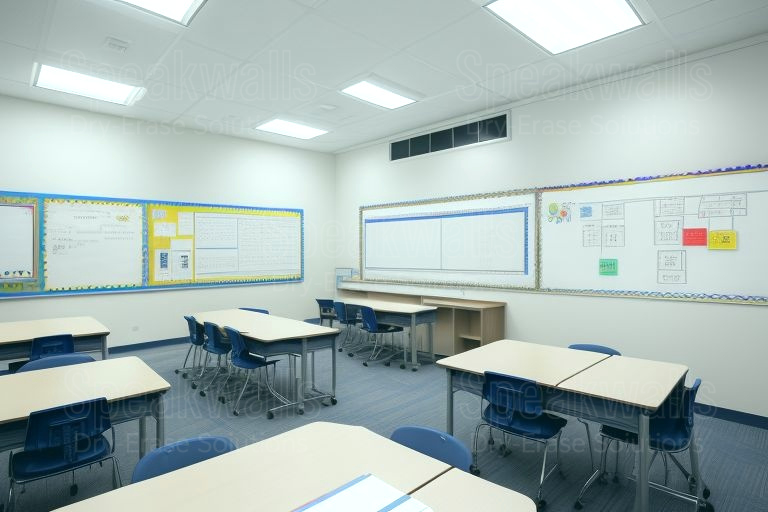Picture this: a classroom where AI is the main teacher, guiding students through lessons, grading assignments, and offering personalized feedback. Sounds futuristic, right? But it’s a very real possibility in the not-so-distant future. AI-powered teachers could revolutionize the way we learn, but is it really the dream we think it is?
On the bright side, AI could make education more personalized than ever. With the ability to track each student’s progress in real-time, AI could offer customized learning paths based on their strengths and weaknesses. Struggling with math? No problem—AI adjusts the lesson plan just for you, offering extra practice and tips. It could also give students the opportunity to learn at their own pace, with instant feedback and support, ensuring no one falls behind.
Plus, AI doesn’t get tired. It can provide 24/7 tutoring, answer questions, and keep students engaged without taking breaks. For large classrooms or schools with a shortage of teachers, AI could be a lifesaver, ensuring that every student gets the attention they need.
But there are serious concerns, too. Can an AI really replace the human connection that teachers offer? Teachers don’t just teach—they mentor, inspire, and offer emotional support. AI might be great for delivering content, but can it recognize when a student is struggling emotionally or socially? And what about the impact on jobs? If AI becomes the primary teacher, what happens to human educators?
While AI-powered teachers may be a game-changer, we’ll need to carefully balance tech with the irreplaceable human touch that education relies on. It’s not all about machines—it’s about ensuring students still get the empathy and guidance they need.
